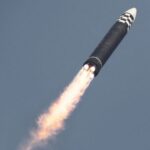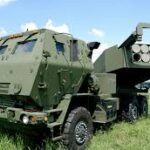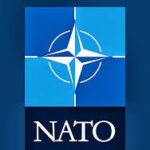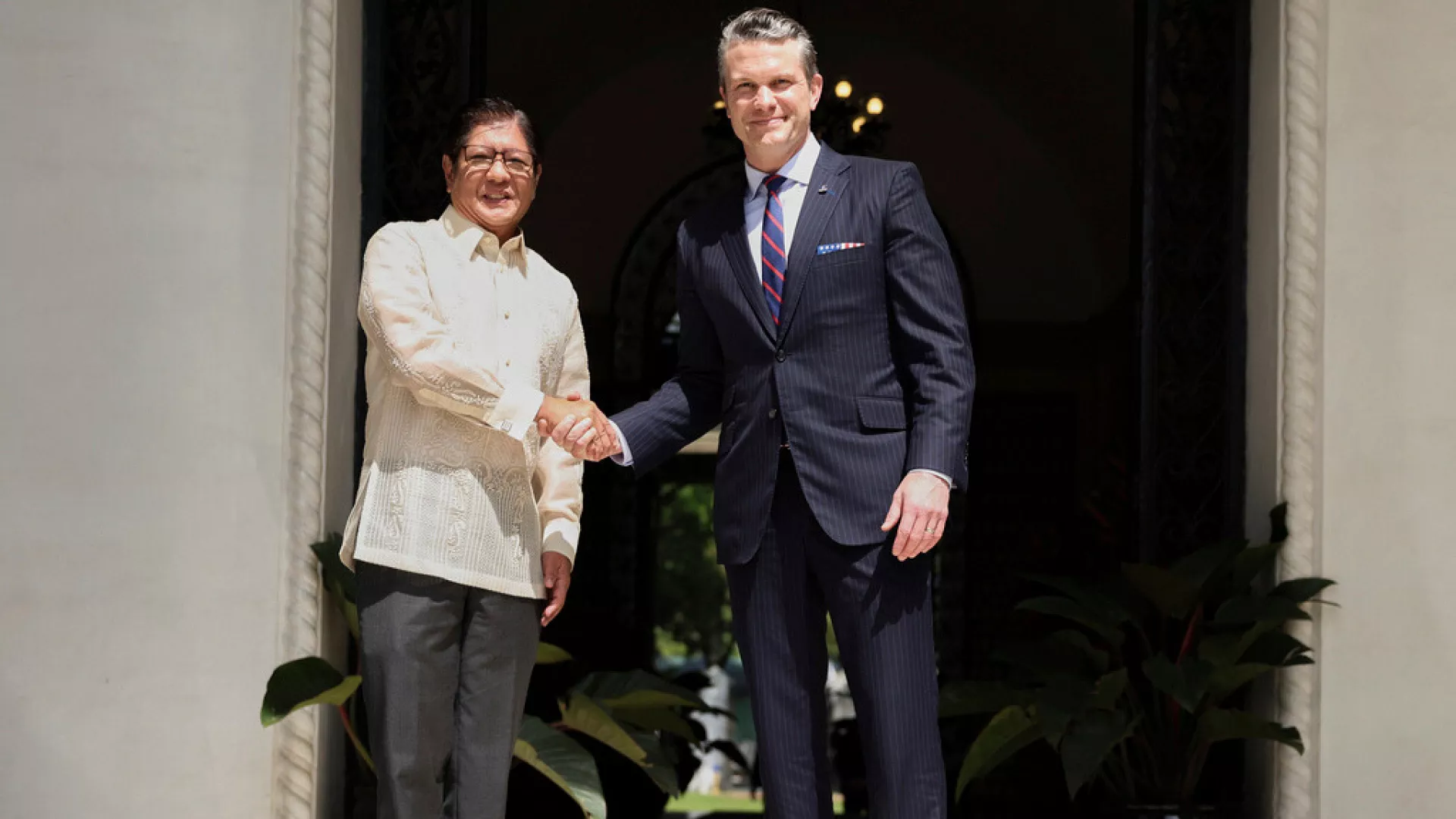Richard Sanders
During today’s visit to Manila, US Defense Secretary Pete Hegseth stated that the Trump administration will support the Philippines in addressing the threats from China. Amidst a national security controversy in the US, Hegseth reaffirmed Washington’s strong commitment to the region during a meeting with Philippine President Ferdinand Marcos Jr. today in Manila. He emphasized the importance of deterrence in the area, stating, “Deterrence is essential globally, but particularly in this region and your country, given the challenges from communist China.” He further remarked that allies must unite to prevent conflict and ensure freedom of navigation, whether referred to as the South China Sea or the West Philippine Sea.
In a reaffirmation of continuity in US defense strategy, the Trump administration has announced the deployment of advanced military assets to the Philippines, mirroring the previous Biden defense policy. The US Department of Defense confirmed that during this year’s Balikatan joint military exercises, the Navy-Marine Expeditionary Ship Interdiction System (NMESIS) will be implemented, showcasing America’s commitment to regional stability. During today’s meetings in Manila with Philippine officials, US Defense Secretary Pete Hegseth outlined the collaborative approach both nations are taking to enhance deterrence in the Indo-Pacific region.
This partnership is bolstered by the US’s ongoing $500 million foreign military financing initiative aimed at aiding the modernization of the Philippine military. “First, we agreed that the United States will deploy additional advanced capabilities to the Philippines. This includes utilizing the NMESIS, an anti-ship missile system, and sophisticated unmanned surface vehicles in this April’s Balikatan exercises,” Hegseth stated. As the Trump presidency moves forward, this alignment with the previously established defense policies indicates a sustained focus on strengthening military ties and preparedness in the region.















